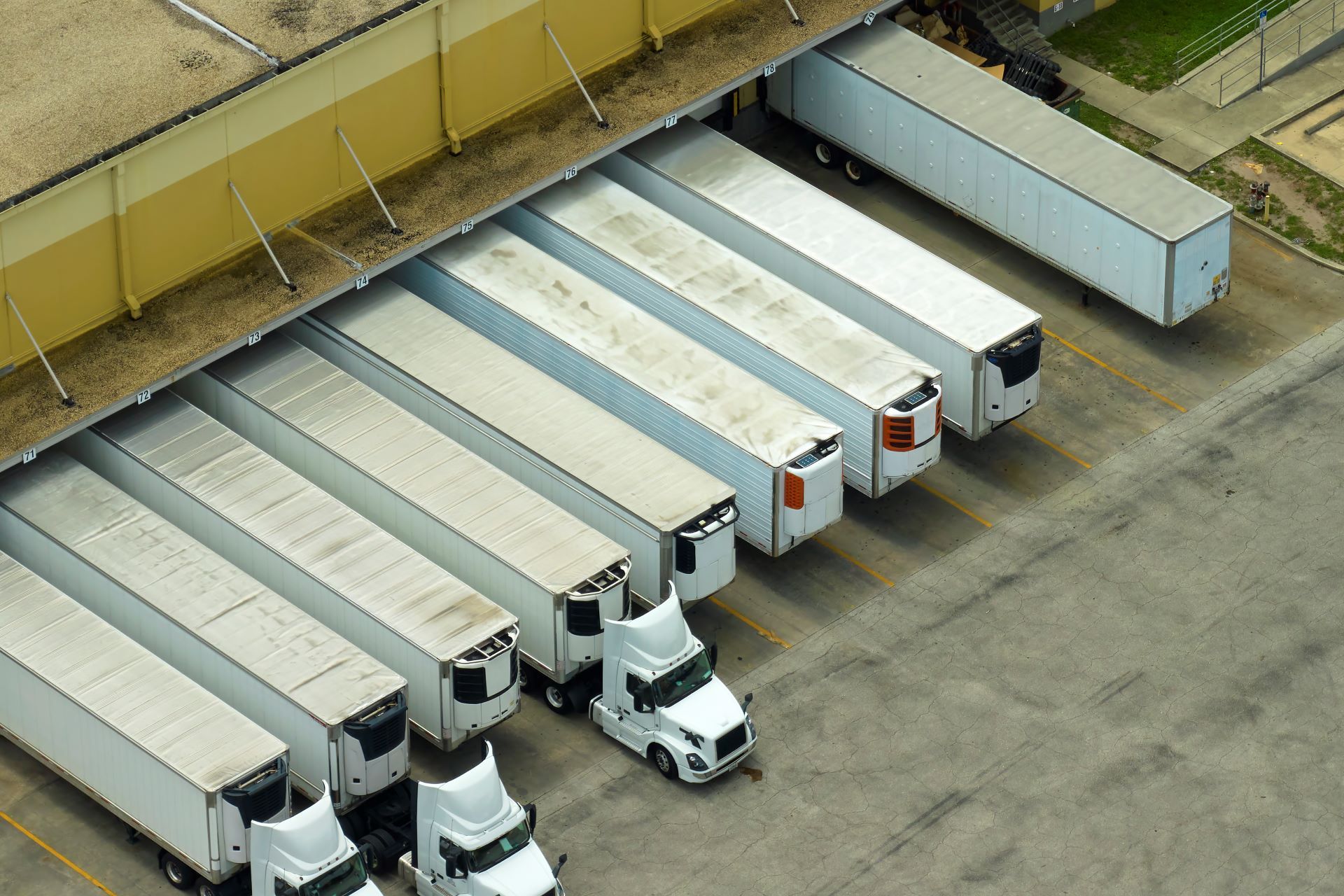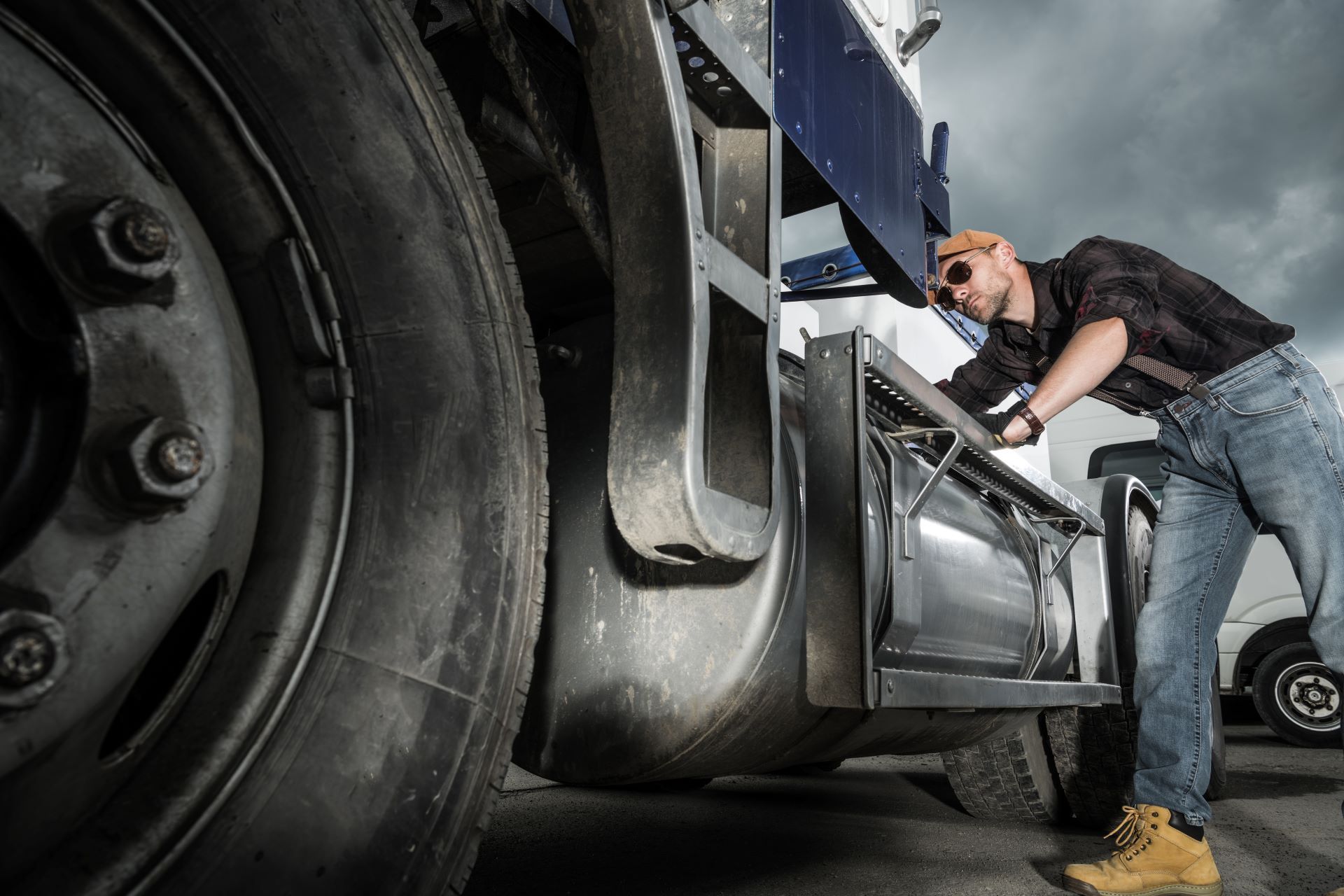Guide: How to Treat Your Trailer Floor
November 27, 2024
Keeping your trailer floor in top condition is vital for ensuring longevity, safety, and efficiency. A well-maintained trailer floor can endure heavy loads, resist wear and tear, and protect your cargo. Neglecting it, however, can lead to rot, corrosion, or even accidents. In this guide, we’ll explore why treating your trailer floor is essential, discuss the best treatment options, and provide a step-by-step guide to help you keep your trailer in excellent shape.

Why You Should Treat Your Trailer Floor
Durability
Trailer floors face constant stress from heavy cargo, exposure to weather, and everyday wear. Proper treatment adds a protective layer, reducing the impact of these elements and extending the lifespan of the floor.
Cost-Saving
Replacing a damaged trailer floor can be expensive. Treating it regularly helps you avoid costly repairs by addressing minor issues before they become major problems.
Safety
Untreated trailer floors can become slippery or structurally unsound. Applying the right treatments reduces these risks, ensuring the safety of your cargo and anyone loading or unloading the trailer.
Resale Value
A well-maintained trailer floor improves the overall condition of your trailer, ensuring a higher resale value when it’s time for an upgrade.
Types of Trailer Floor Treatments
Protective Coatings
Protective coatings, such as epoxy or polyurethane, provide a durable and moisture-resistant seal. These finishes prevent water damage, chemical spills, and abrasions, making them ideal for long-lasting protection.
Wood Treatments
For wooden trailer floors, applying a sealant or stain helps prevent rot and moisture absorption. Marine-grade finishes are particularly effective for trailers frequently exposed to wet environments.
Metal Treatments
Metal trailer floors benefit from anti-corrosion sprays and paints that protect against rust. For added safety, non-slip coatings are an excellent choice, especially when transporting items prone to sliding.
Rubber Mats or Liners
Rubber mats offer a removable protective layer that shields the floor from impact and spills. These are especially useful for trailers carrying livestock or equipment.
Step-by-Step Guide to Treating Your Trailer Floor
- Clean the Floor Thoroughly
Start by sweeping away dirt and debris. Use a pressure washer or scrub brush with a suitable cleaner to remove grease and grime. Allow the floor to dry completely before moving to the next step. - Inspect for Damage
Check for cracks, rot, or rust. Repair any damage you find, as untreated areas can worsen over time and reduce the effectiveness of the treatment. - Choose the Right Treatment
Select a treatment that matches your trailer floor material and your specific needs. For example, use a moisture-resistant sealant for wood floors or anti-corrosion paint for metal. - Apply the Treatment
Follow the manufacturer’s instructions for application. Use a brush, roller, or sprayer to ensure an even coat. Pay special attention to corners and edges, where damage often begins. - Allow Proper Curing Time
Give the treatment adequate time to cure or dry. Rushing this step can compromise the durability of the protective layer. - Maintain the Floor
Regularly clean and inspect your trailer floor to ensure the treatment remains effective. Reapply as necessary, especially in high-traffic areas.
Common Mistakes to Avoid
- Skipping Preparation: Cleaning and inspecting your floor before applying treatments is essential for effective results.
- Using Incompatible Products: Ensure the treatment matches the floor material to avoid peeling or ineffective protection.
- Applying in Poor Conditions: Treat your trailer floor in a clean, dry environment to maximize adhesion and durability.
- Ignoring Maintenance: Even treated floors require regular cleaning and touch-ups to remain in good condition.
Keep Your Trailer Floor in Top Condition
Treating your trailer floor is a simple yet effective way to ensure durability, safety, and cost savings. By protecting your floor from wear, moisture, and damage, you can extend its lifespan and avoid costly repairs. Whether you’re hauling equipment, livestock, or cargo, a well-treated floor is essential for performance and safety.
For more expert tips and advice, or to explore suspension solutions tailored to your needs, contact Cush Suspensions today. Let us help you optimize every aspect of your trailer, so you’re always ready for the road.
WHY CUSTOMERS CHOOSE CUSH
Unlike Our Competitors, We Actually Have a Custom Solution
We Listen
It's that simple. We want to help identify any issues or areas for improvement that will help your business be more successful!
Innovative & Agile
The heavy-duty suspension market hasn't changed in decades, so we decided to do something about that!
Turn-Key Solutions
We identify and resolve potential issues before they occur, engineering the best suspension solution for your needs!
TESTIMONIALS
Hear What Our Customers Are Saying

“Cush’s value added and creative out of the box attitude has been key to Globe Trailers production and highly customized trailer suspension needs. Whenever there has been a need, Cush has not let us down.”
VP of Engineering, Globe Trailer
Jeff Walters Jr.
Button
“Cush has always delivered when asked to provide suspensions on short notice.”
VP Equipment & Maintenance, Groendyke Transport
Don Querciagrossa
Button
"Nice friendly people good place to work and can help you with any type of air ride suspension needs."
Luco Harris
Button
CONTACT CUSH
Reach Us By Filling Out The Form Below
Quick Links
Address
1001 Falconcrest Court
Nixa, MO 65714
Toll Free: 877.786.6247
Local: 417.724.1239
Fax: 417.724.0126
@2024 CUSH SUSPENSIONS | Web Design by Tekkii




